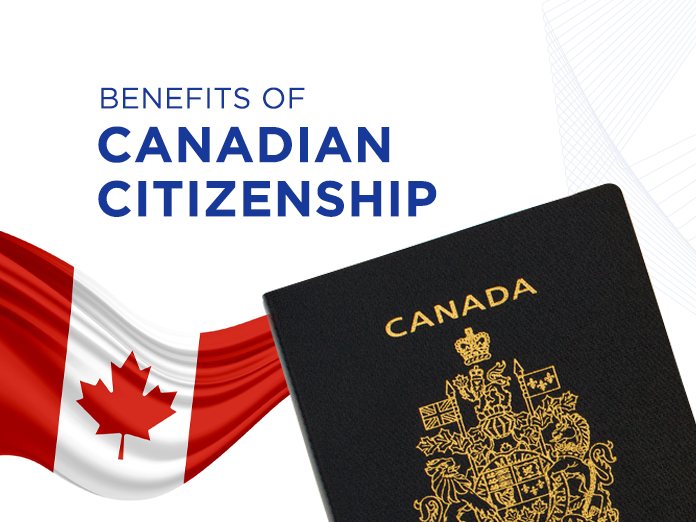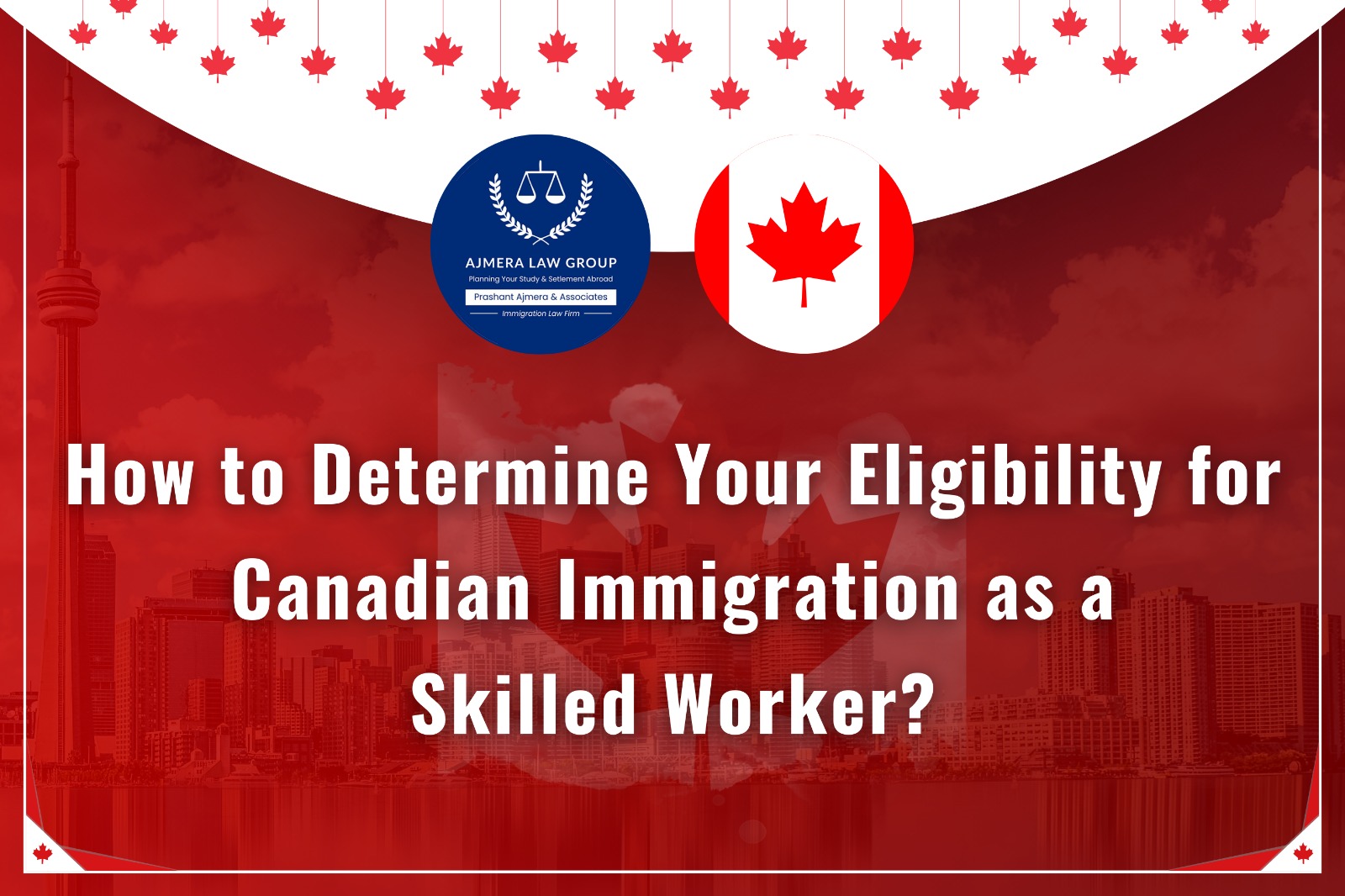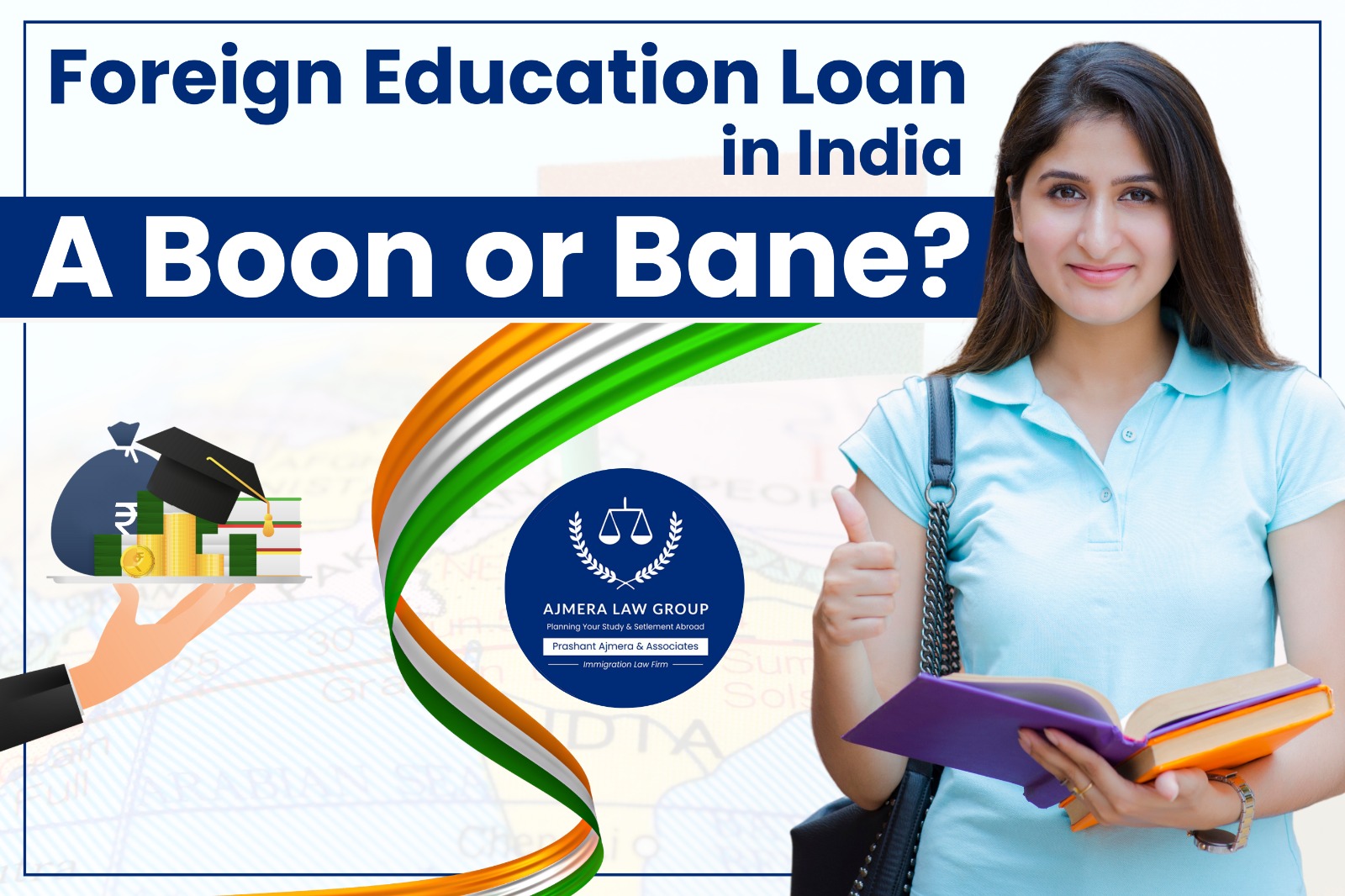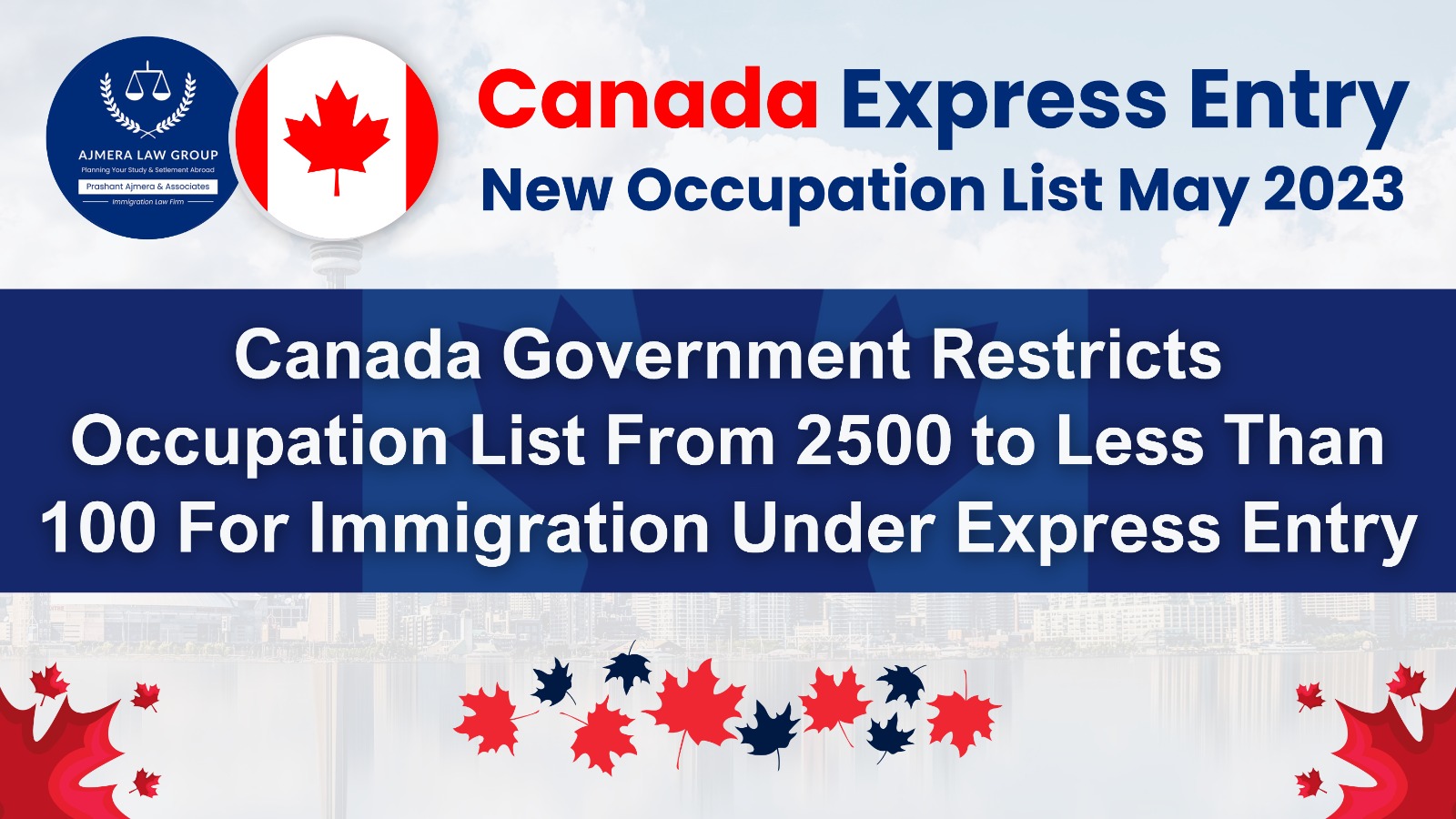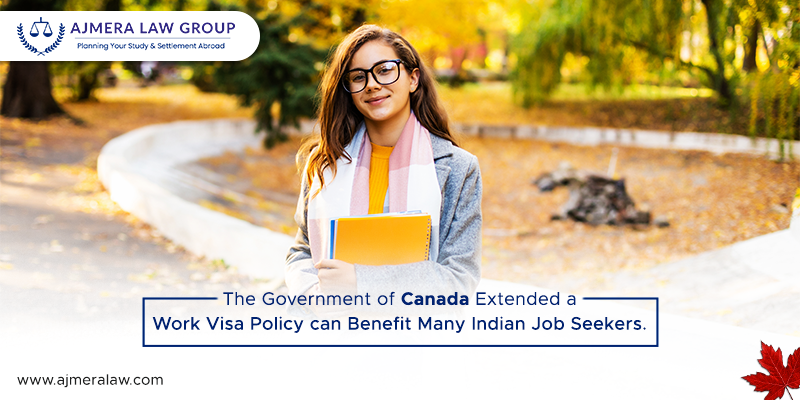Canada, one of the friendliest and most picturesque countries in the world, welcomes immigrants from every corner of the world. For some, Canada is their dream destination to pursue higher education, and for most, it is their dream to become a Canadian citizen.
The country offers multiple paths to residency and eventual citizenship, with benefits from education to healthcare, employment opportunities, and voting rights. It doesn’t matter whether you wish to settle in Canada or are already residing and planning to take a step further; this blog will take you through the benefits of Canadian citizenship, which are the reasons you should opt for Canada citizenship by investment or the other available options. So, keep reading!
What are the Benefits of Canadian citizenship?
Canadian citizenship offers multiple benefits that help increase the residents’ life quality. Out of numerous advantages, some of the most important ones are;
-
Right to Vote
The citizens of Canada can vote in provincial, municipal, and federal elections, which allows them to contribute to shaping the future of their country, community, and economy.
For citizens of any country, the right to vote is one of the most important rights. It makes them feel at ease and ensures that the government is considering their interests and voices.
-
Right to Government and High-Security Job
Many government jobs in Canada require security clearance, which is typically limited to Canadian citizens. Additionally, internships for government positions during and after studying are often available exclusively to Canadian citizens.
-
Freedom to Travel
According to the VisaGuide Passport Index, the Canadian passport holds the 40th position globally as of October 2023, which means that holders of Canadian passports can travel to as many as 148 countries without a visa or with the facility of visa on arrival. This powerful passport allows access to countries/territories like the USA, UK, New Zealand, Qatar, France, Australia, and more.
-
Working holiday visa for your young Canadians
Canada offers a “Working Holiday” program for young Canadian citizens, allowing them to travel and work in certain countries such as the UK, Europe, Australia, New Zealand etc. typically for up to 12 or 24 months. The Working Holiday program aims to promote cultural exchange and provide young Canadians with the opportunity to gain international work experience.
-
Special professional and business visa to USA
Canadian citizens do not require a visa to enter the United States for tourism or business purposes, thanks to the U.S.-Canada Agreement. There are certain visa classes available exclusively to Canadian citizens due to special agreements with the U.S. government under USMCA and NAFTA. These include the TN visa for Canadian professionals and E-1 (Treaty Trader) and E-2 (Treaty Investor) visas. Additionally, Canadian citizens can hold dual citizenship in both the USA and Canada.
-
World-class Education at 80% Fees
Canada enjoys a global reputation for the excellence of its education, drawing hundreds of thousands of international students annually for their higher education. In addition, the government offers its citizens abundant funding and scholarship opportunities, along with significant tuition fee reductions of up to 80% for university education and free education from grades 1 to 12.
-
Security and safety
Canada is one of the safest countries across the globe. It is known for a stable political climate, minimum crime rates, social justice, and, most importantly, for providing a secure and safe environment to everybody in the country. It is not surprising that Canada has consistently maintained its top positions in various reports as one of the best countries to live in.
This is one of the major factors to look for when planning to settle in any country, as it increases the standard of living and ensures the safety of loved ones.
-
Easy & Free Access to Healthcare
The country has several public healthcare-funded systems allowing citizens to access subsidized or free healthcare easily. It ensures the people of the country can get necessary medical attention without worrying about their financial hardships. It also displays the country’s commitment to its citizen’s health.
The Takeaway!
Canada, as a country, offers a pool of benefits to its citizens. It is also a land of opportunity for internationals looking forward to settling in the country. So, if you wish to enjoy the country’s beauty, people, nature, and opportunities, contact a Canada investor visa consultant or a consultancy that shows you the correct path to obtaining Canadian citizenship.


